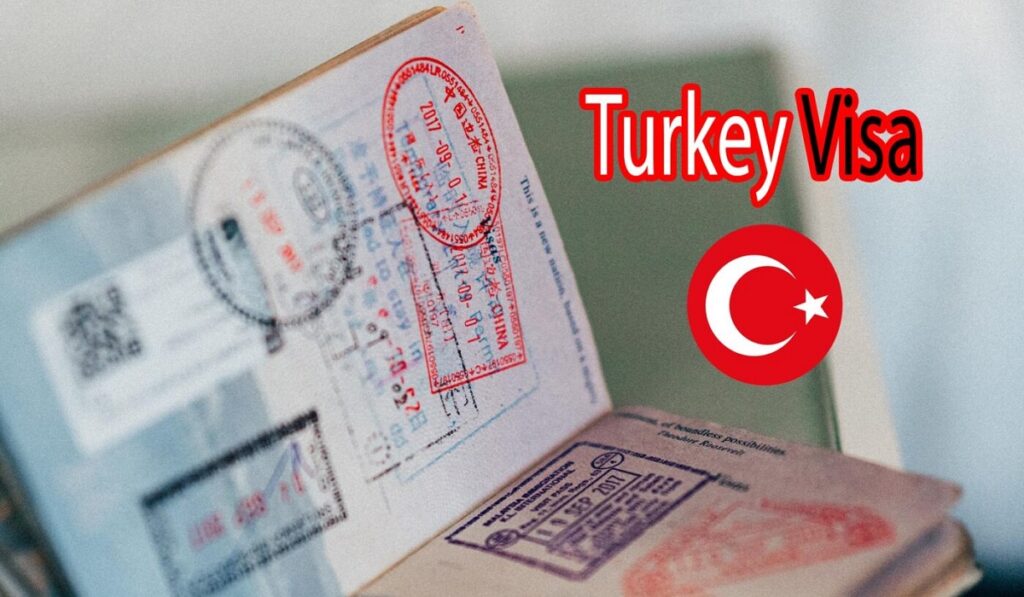Entry Bans in Turkey: A Legal Analysis of Travel Restrictions
Visa Overstay Penalties and Freedom of Movement
In recent years, Turkey has become a key destination for tourists, foreign workers, and international investors. As the number of foreign nationals entering the country on short-term visas increases, so too does the incidence of visa overstays. Turkish authorities frequently respond to these overstays with administrative sanctions—most notably, entry bans ranging from months to several years. While migration control is a legitimate state interest, the widespread use of entry bans for minor or unintentional overstays raises serious concerns about proportionality, due process, and the fundamental right to freedom of movement.

Although Turkish law provides a detailed framework under the Law on Foreigners and International Protection (LFIP), the implementation of entry bans often lacks transparency and individualized assessment. This practice risks violating Article 23 of the Turkish Constitution, which guarantees the right to travel, and Article 2 of Protocol No. 4 to the European Convention on Human Rights, which safeguards freedom of movement.
Legal Framework: Domestic and International Guarantees The primary legal basis for Entry Ban to Turkey is found in Article 9 of the Law on Foreigners and International Protection.
The provision states:
“Foreigners may be banned from reentering Turkey for a period of up to five years. If there is a serious threat to public order, public security, or public health, this period may be extended by a maximum of ten years.”
Although this article appears to set clear limits, the law grants broad discretion to the administration in assessing whether someone constitutes a threat or merits an entry ban. In practice, the decision is often issued automatically following a visa overstay, without a detailed justification or proper risk assessment.

However, Article 23 of the Turkish Constitution guarantees freedom of movement, stating that restrictions must be lawful, necessary, and proportionate. In parallel, Article 2 of Protocol No. 4 to the European Convention on Human Rights protects the right to leave any country and return freely.
Therefore, the legal framework imposes both procedural and substantive requirements for restricting travel. The use of entry bans without individualized reasoning may contravene these guarantees.


